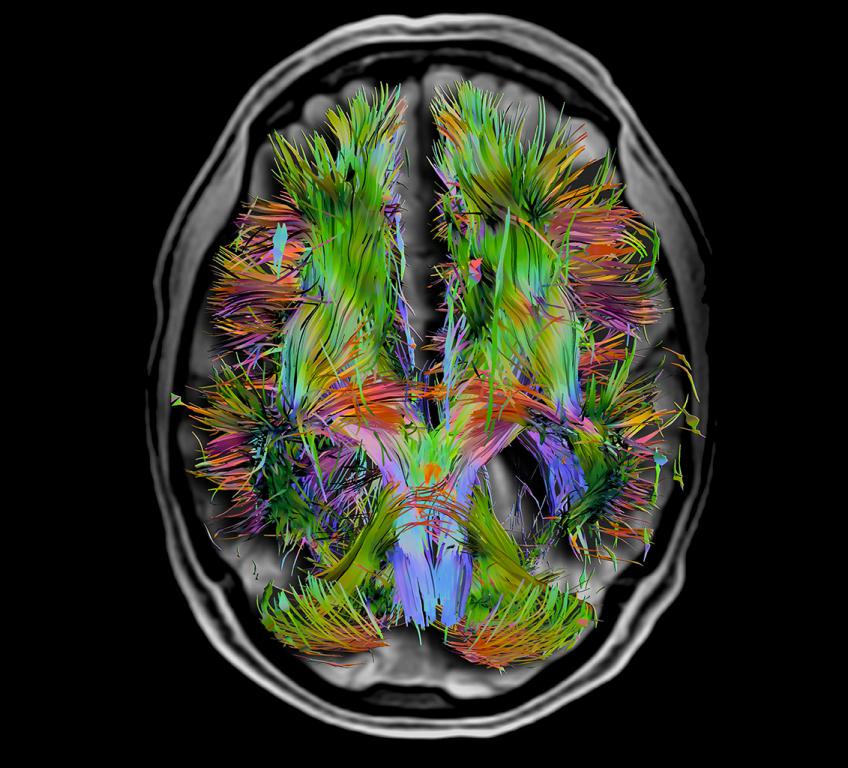Started in 2011 in order to focus neurobiology research on the human decision-making process, the Comte Center for Neuroscience at Caltech has spent five years and their $9 million grant from the National Institute of Mental Health, or NIMH, on this goal. With a renewed grant from NIMH, the Comte Center is looking ahead to its research goals for the next five years.
Their past studies have included research into the parts of the brain involved in certain decisions like risk-taking, altruism, choosing junk food, and investment in financial bubbles.
Now, Ralph Adolphs, the director of the Comte Center, wants to focus more on the social contexts of these processes rather the basic mechanisms behind them. “The fact is that in the real world we make choices where there is no clear ‘best’ choice, where other people’s opinions influence us, and where we often choose something that we know we should not choose,” he said.
Going forward, the Comte Center has five main research projects and goals:
–Adolphs himself and colleague Cendri Hutcherson, the director of University of Toronto’s Decision Neuroscience Lab, will explore the effect of certain social scenarios on the altruistic actions of individuals.
–Daniel Tranel, a professor of psychological and brain sciences at the Carver College of Medicine at the University of Iowa, will study the influence of brain lesions and other brain damage on decision making.
–The director of T&C Brain-Machine Interface Center Richard Anderson and Dr. Ueli Rutishauser will observe the activity of neural implants in patients during social interactions.
–John O’Doherty, a psychology professor, will study influences on observational learning, like action imitation, self-based reinforcement, and social interference.
— Colin Camerer, T&C Chen Center for Social Decision Neuroscience Leadership Chair, and assistant professor of cognitive neuroscience Dean Mobbs will study neural responses to both social and biological threats as well as the influence of social membership in response to threats.
Adolphs hopes the new research goes on to reveal “why everybody makes somewhat different decisions, and why some people can make very good decisions, while others make very bad ones.”
More News to Read
- What type Applications We need for Quantum Computers?
- Researchers Develop 4D Cameras with Extra-Wide Field of View That could Improve Robotic Vision…
- Martian Moon Phobos Makes Guest Appearance in Hubble Photos of Mars
- Accidental Discovery of new Method for Creating High-Energy Shockwaves that Accelerate Astrophysical Particles
- Mathematical Algorithms Reveal New Information About Aggressive Breast Cancer











